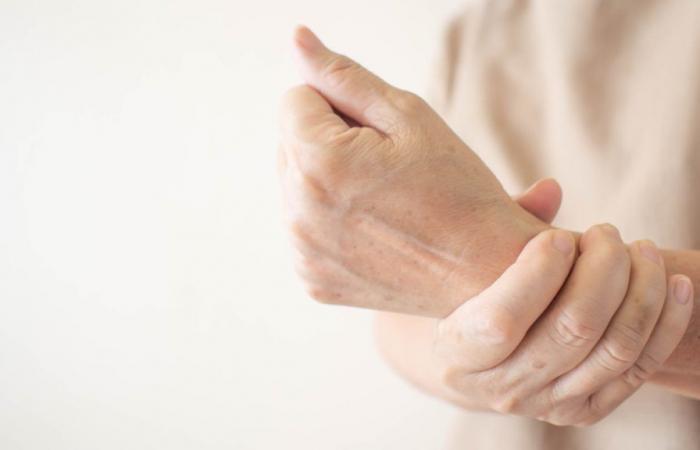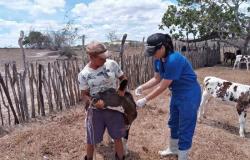IResearchers from the Institute of Research and Innovation in Health (i3S) at the University of Porto have developed an implantable material that promotes the formation and development of cartilaginous tissue, as well as stopping the inflammatory process related to osteoarthritis.
In a statement, the Porto institute reveals today that the research, published in the journal Advanced Functional Materials, “opens the door to new therapies for cartilage regeneration”.
Read Also: Lung cancer screening? “It will save around 20% of patients”
Osteoarthritis is a disabling disease that affects 7.6% of the world’s population. Conventional therapies block inflammation, but do not prevent the degeneration of cartilage tissue and the progression of the disease.
“As cartilage, unlike bone, cannot self-regenerate, there is a growing need to develop approaches that are effective in this function”, highlights i3S.
To “overcome the limitations” of traditional therapies, researchers improved a three-dimensional (3D) biodegradable matrix, already tested and approved in veterinary medicine, to be used in humans, through the incorporation of “ibuprofen-loaded nanomaterials”.
Quoted in the statement, researcher Daniela Pereira Vasconcelos clarifies that the use of 3D matrices is “the most promising means to regenerate cartilage”, as it “provides a physical and chemical environment favorable to the survival and differentiation of cartilage cells”.
Read Also: Follow these tips, strengthen your bones and reduce the risk of osteoporosis
When implanted in the lesion, “this 3D matrix serves as a home for the cartilage cells and promotes their proliferation until the formation of new cartilage tissue”, adds the researcher, who is one of the first authors of the article.
To test effectiveness, researchers turned to cartilage cells from patients who had undergone total hip or knee arthroplasty.
“We cultivated them in these 3D nanocapsulated structures with ibuprofen”, says Daniela Pereira Vasconcelos, adding that the cartilage cells “were able to reduce the inflammatory process and restore the production of extracellular matrix”.
Read Also: Learn how to strengthen your bones during menopause
The researchers subsequently tested, in an animal model, the inflammatory response to products expelled by cells in contact with this matrix, and found that “there is a reduction in the recruitment of immune cells and inflammatory mediators with an important role in osteoarthritis”.
Also cited in the statement, researcher and author of the investigation Catarina Leite Pereira highlights that the study “demonstrates that the 3D model developed has the ability to promote the development of cartilage, as well as modulate the inflammatory response, overcoming the limitations of traditional therapies used in regenerative medicine”.
The research, carried out under the European project RESTORE, had the collaboration of the Nanomedicines & Translational Drug Delivery group, i3S, the Department of Biotechnology and Nanomedicine SINTEF Industry, in Norway, the Institute of Orthopedic Research and Biomechanics, University of Ulm, in Germany and the company Askel Healthcare Ltd, in Finland.
Read Also: Researchers are developing a vaccine against lung cancer
Download our free App.
Eighth consecutive year Consumer Choice for Online Press and elected product of the year 2024.
* Study by e Netsonda, Nov. and ten. 2023 product of the year – pt.com
Download our free App.
Eighth consecutive year Consumer Choice for Online Press and elected product of the year 2024.
* Study by e Netsonda, Nov. and ten. 2023 product of the year – pt.com
Tags: Researchers create material stops inflammation osteoarthritis
--





